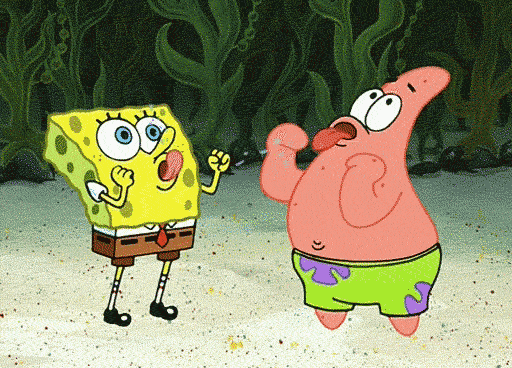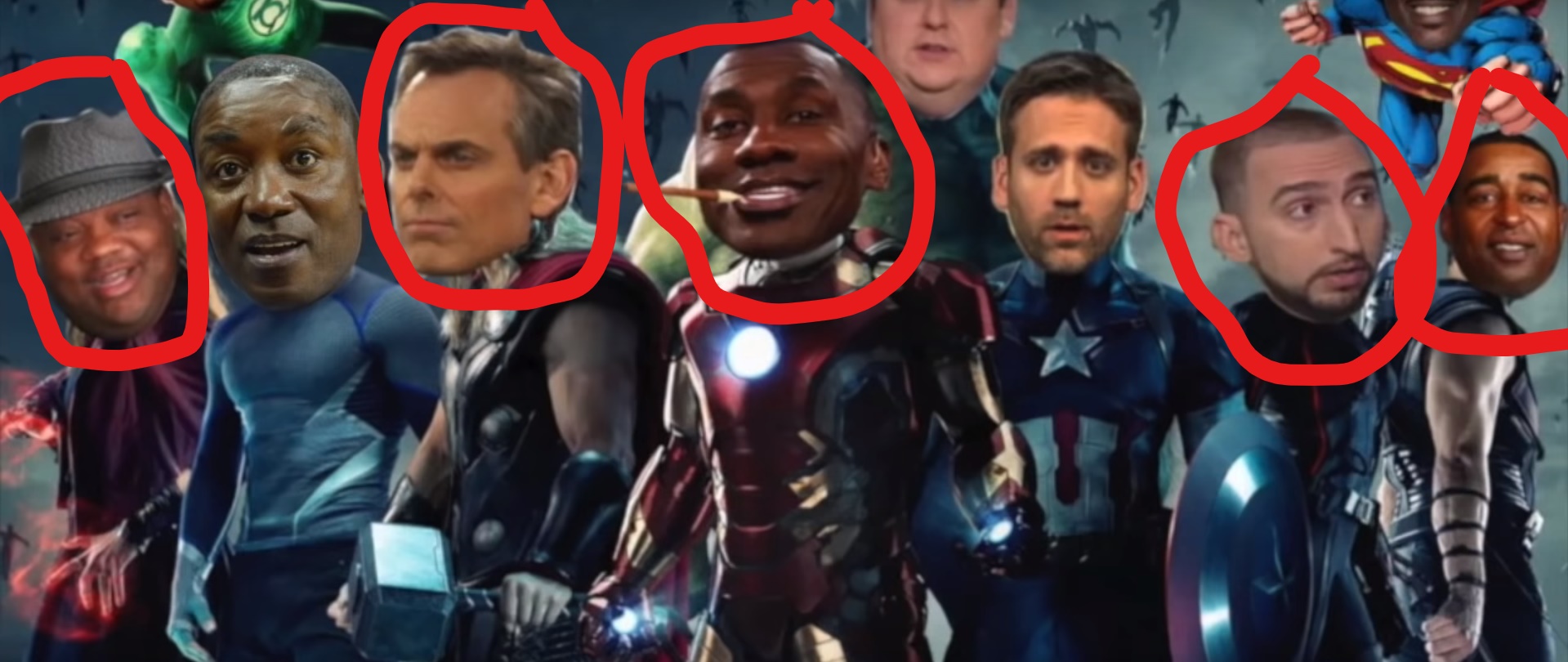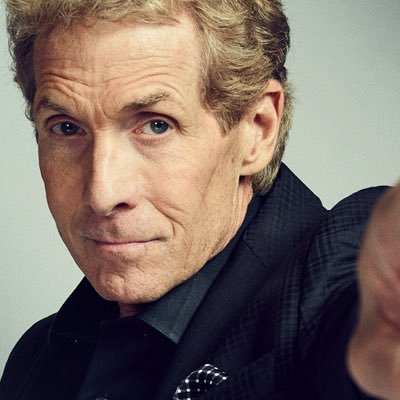You know, it’s interesting.
We, as a general whole, tend to forget how dynasties come together, how countries and empires build upon themselves to make themselves last and endure over decades upon centuries, essentially standing the test of time, relative to humans.
It’s no coincidence that we encounter a multitude of situations throughout basketball and world history that has people forgetting what the process takes to constantly improve upon yourself when everybody is chasing your title, to conquer your throne.
Claudius’ words and the history of Rome to that point mirrored the lineage of champions the NBA has revolved around almost since its induction to professional sports.
Throughout basketball history, dynastic teams have been a staple and actually come to signify an era, carrying it through the next generation of generational players and empirical teams to bear the torch. The National Basketball Association’s least remembered time, the 1970s, saw them being rivaled by the ABA who had their own superstars like Julius Erving, Rick Barry, and Billy Cunningham dominating headlines, taking those away from the now sole highest basketball entity there is. Not only this, but the era during this time is not remembered as much because the NBA didn’t have a standout team. Parity had never been more eminent, but the loss, as a result, was no one to root against or for consistently whenever they played, consequentially, meaning less viewers tuned into the program.
Not only this, but during the 70s, the league was, more or less, about the teams rather than central figures that could accumulate masses to follow the league and put on a spectacle every night, even though there were a plethora of individuals that could’ve played the role(s), like high-flying Julius Erving when he made the transition or the daring David Thompson (33) or the awe-inspiring Alex English (not until the 80s and the next commissioner, David Stern, came along did the league start to focus on stars, but we’ll get there soon enough). Because of this, the NBA was in the midst of its most downtrodden times and was major need of both a culture and point of emphasis shift in general
Every other era or decade was dominated by dynasties and central figures.
Going back one decade, the 1960s were domineered by this man and this man, towering over luminary legends such as Oscar Robertson, Jerry Lucas, and Elgin Baylor. Bill Russell was the anchor of the incredibly overpowering Boston Celtics, laden with a roster going eight deep with players inducted into the NBA’s Hall of Fame and dominated the decade, winning 11 out of the 13 years that Russell was in tow, losing only one NBA finals to Bob Pettit’s Atlanta Hawks and losing to Wilt Chamberlain’s Philadelphia 76ers. Speaking of Wilt Chamberlain, the record books should just be named after him, his numbers so otherworldly, newer basketball fans ogle in disbelief, gawking at the sight of such obscene totals. The Autobiography of Wilt Chamberlain, yes this is fitting. These two men stand at the apex of the 60s NBA because of their unbelievable feats and because the NBA focused on not only these two, but other stars who were putting up outrageous numbers, night after night, season after season.
Fast-forwarding one decade from the 70s and its aforementioned drought, what resuscitated and actually put the NBA on a bigger platform in the 1980s was (1) the merging between the ABA and NBA as now the stars of the ABA were assimilated into the National Basketball Association, (2) the point of emphasis being players and not teams, and (3) those players being generational, transcendental talents Earvin “Magic” Johnson (right) and Larry Bird (left). These two traded championships throughout the decade, having eight championships shared between them, all in this decade. Of course, we remember Isiah Thomas and the Bad Boy Pistons, but they didn’t incite fan fare quite like these two did, mostly because of exhibitions and activities like these and these. And surely, we cannot (Fo, Fo, Fo)get (I’m sorry, I had to do it, I knew the result, I just had to do it) the early 80s Philadelphia 76ers, headed by Julius Erving and Moses Malone, but we constantly bring up Johnson’s Lakers and Bird’s Celtics because they defined the resurgence of the NBA and its most famous, storied rivalry.
In the next decade, do I even need to go into detail? It was dominated by Michael Jordan‘s Chicago Bulls. Of course, Thomas’ Pistons and Tim Duncan‘s Spurs each won one and Hakeem Olajuwon’s Houston Rockets won two. But this was the era that stamped Michael Jordan, with all his incredible feats in the previous decade seeping into this one, as the Greatest Of All Time in basketball annals. He won three straight at the genesis of the decade, retired, and came back to win three more titles to close the decade, denying a multitude of Hall of Fame players their shot at winning a championship, palming the basketball universe, twirling it on his fingertips.
In this century, we’ve seen teams like the Los Angeles Lakers, led by Shaqobe (Shaquille O’Neal and Kobe Bryant) and later, Kobe and Pau Gasol, the San Antonio Spurs, spearheaded by Tim Duncan, Tony Parker, and Manu Ginobli, and now the Warriors, centered around Stephen Curry, Kevin Durant, Klay Thompson, and Draymond Green, and even others like the Steve Nash-Amar’e Stoudemire Phoenix Suns and Dirk Nowitizki-Dallas Mavericks, that have trademarked this era and left an imprint being the next dynasty.
How does this all coalesce and relate to world history?
We can specifically look at the Roman Empire and actually refer to Tacitus’ Annals.
One of the annals focuses on one of Rome’s Emperors during the reign of the Roman Empire, Claudius. The excerpt particularly keys in on the debate of whether Gauls should be allowed seats in the Senate.
Main arguments against allowing for their seating came from an unknown, unidentified character as he exclaims that the Gauls could betray them as their valor in battle could not be washed away so easily and let them assimilate so seamlessly to the Roman Empire, and with this in play, they should be lucky just to become a part of the State.
Claudius retorted that empires that failed to integrate, ultimately, disintegrated. Those that failed to build upon themselves and incorporate other pieces and areas fell behind and were ultimately conquered, that the country was a melting pot of individuals, those that were domestic and those that emigrated to the country or were conquered.
This is not unlike the way that each of these teams continued to build upon their dynasties. Yes, they kept their core intact, each of them, but they also continually added pieces that filled a role that contributed to the journey of gaining an NBA championship.
The continuous reconstruction of the San Antonio Spurs reflects the sentiment in its entirety. A slow-paced, plodding, defensive team when Tim Duncan was drafted, towards the end of his career, the organization shifted focus to a more offensive-oriented team operating mostly with the pick-and-roll style of play as the league began to change gears, with rule changes and spreading of the court, to a more free-flowing game. As the team made this shift, so did the supporting cast around Duncan, to ultimately accommodate this play style.
An example relating even more is Curry’s Warriors. After snatching victory from the clamps of defeat from the Oklahoma City Thunder in the 2016 Western Conference Finals after an incredulous record breaking season winning 73 games out of a possible 82 and Stephen Curry being crowned a unanimous MVP, being down 3 games to 1….
I’m sorry. It’s just…
It’s tough to recount is all.
*sigh*
Stephen Curry and the Golden State Warriors stormed back and advanced to the NBA finals, losing to LeBron James and the Cleveland Cavaliers. That same summer, Kevin Durant, shockingly, decided to sign with the Golden State Warriors. There had been reports of the Warriors recruiting Durant the whole season and that his interest had been mounting to sign there.
And he did.
he really did.
The Warriors understood to continue to their stranglehold on the NBA, they needed to persuade another generational superstar to join their conglomerate.
Just so happens that was the second best player in the NBA at the time.
Regardless, The ideology is sentient among teams that are etched into basketball’s history books: understand that everyone is going for your jugular. Assimilate, not only with the times, but the players as well. Magic’s Lakers, Jordan’s Bulls, Bird’s Celtics, Duncan’s Spurs, Dirk’s Mavericks, Shaqobe’s Lakers, Curry/Durant’s Warriors. All these teams understand the principle of adding pieces so that they remain on top,
A principle commonly understood by those etched in history through time.







 1*
1* 2*
2* 3*
3*